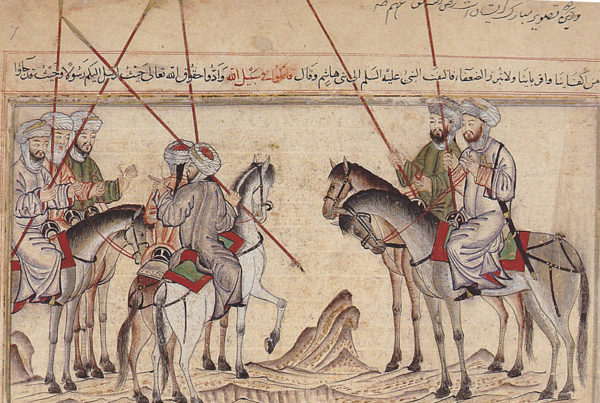It’s hard for anybody who loves the civic virtues in Canada not to adore Ezra Levant. A happy warrior, if ever there was one, he has legions of admirers. Alone of the Canadian newspapers and magazines, he reprinted the Danish cartoons that had the Islamic activist community feigning indignation a few years ago. When some of those activists went after him through the Human Rights Gestapo, Levant cheerfully made a mockery out of the whole proceedings and forced them to back off in embarrassment.
There is big money in environmental activism too, and no shortage of ignorant do-gooders eagerly campaigning against almost all of our critical industries. Always eager to unmask hypocrisy, Levant couldn’t resist tackling the environmentalists avidly trying to shut down the Tar Sands fields in Alberta. The result is Ethical Oil: The Case for Canada’s Oil Sands (McClelland and Stewart, Toronto, 2010).
Levant strips off much of the veneer of respectability from opponents of our Tar Sands oil production, but he also has one overwhelming point. Canada is now one of the world’s top oil producers mostly thanks to the Tar Sands. The rest of the top ten include Saudi Arabia, Russia, the US, Iran, China, Mexico, United Arab Emirates, Kuwait and Venezuela. The US consumes all it produces, and the other nations are human rights abusers with largely non-democratic governments. Should the danger a country represents to others and its human rights record be more of a concern than the environment to the modern activist? If so, taken in balance, our Tar Sands product (which is much cleaner than is commonly represented) is ‘cleaner’ in many ways than oil coming from other nations.







